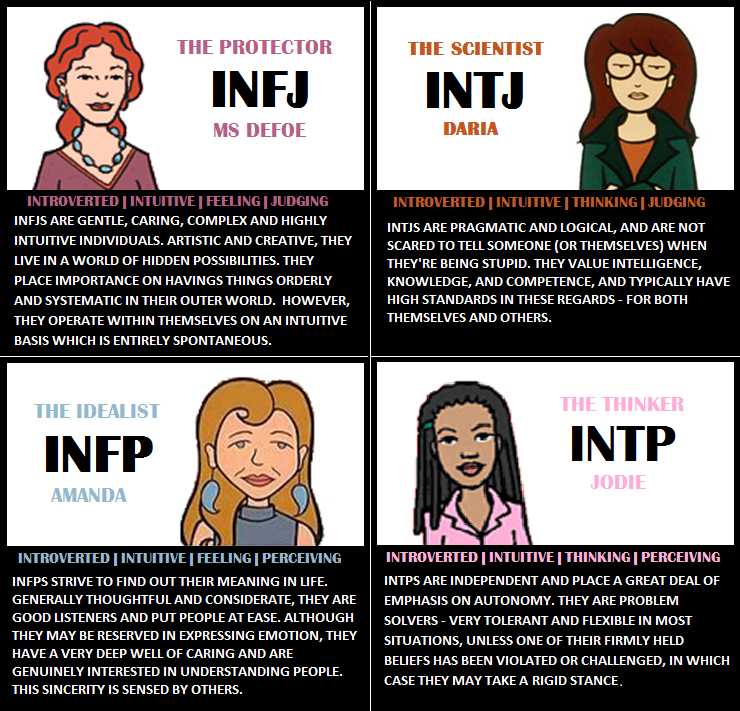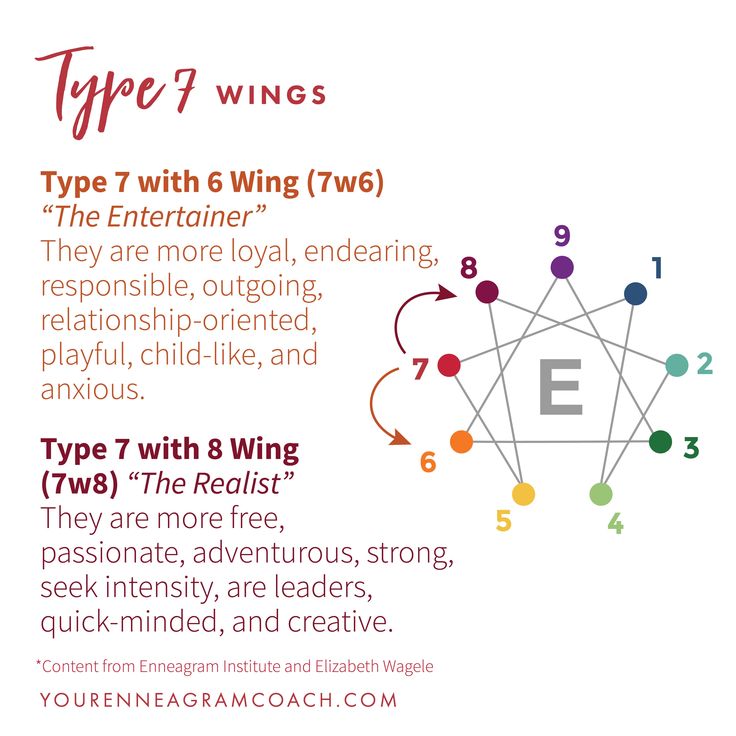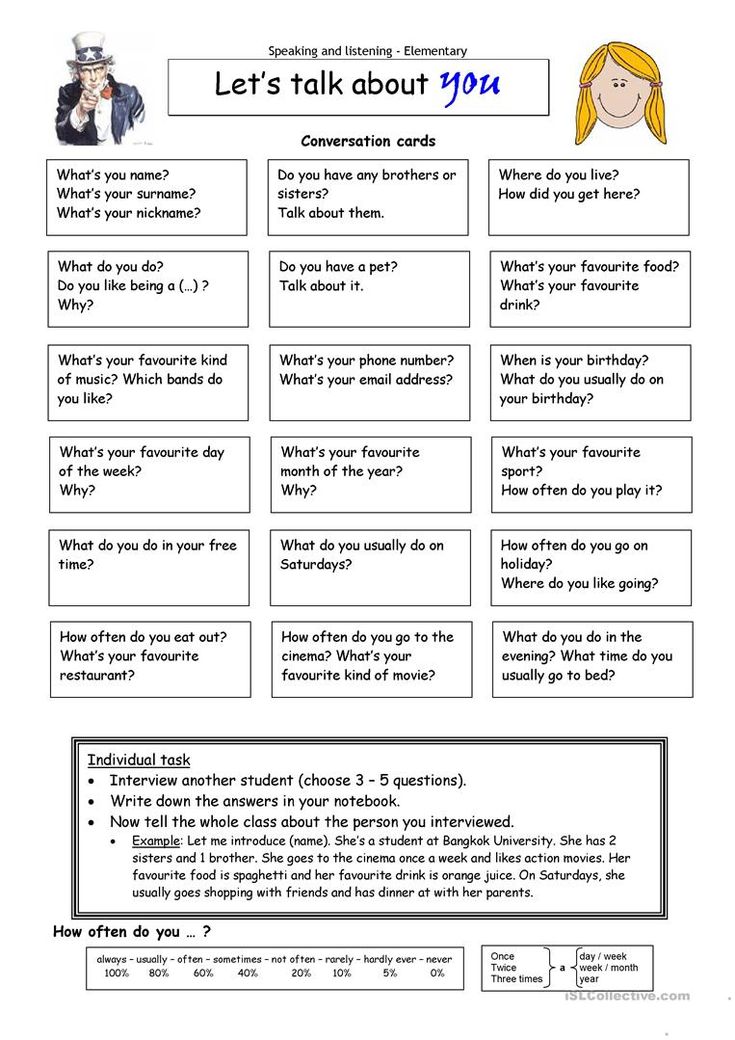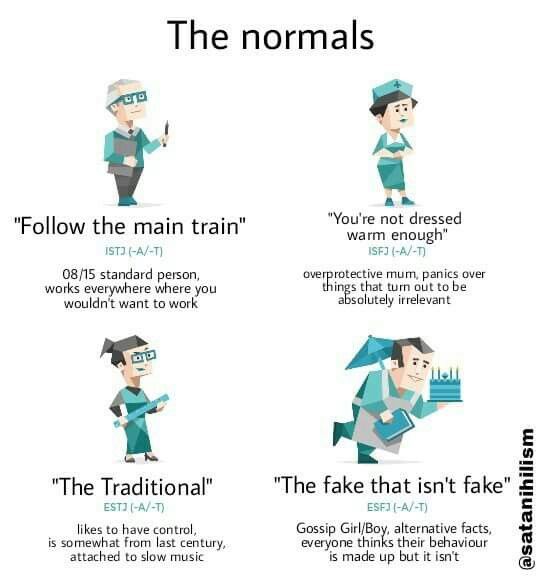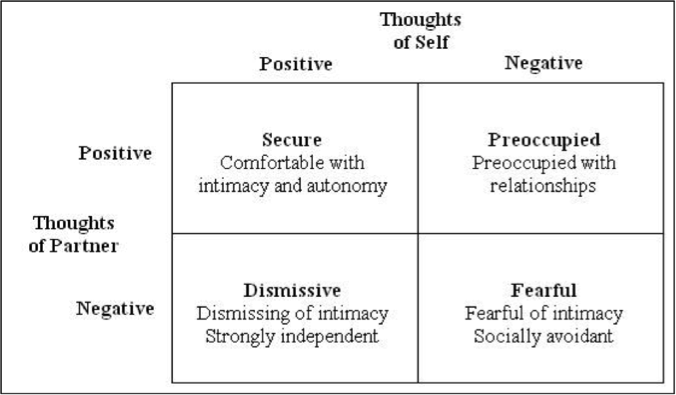Parents who teach their children to hate
Teaching a Child to Hate: 10 Consequences of Hate
Unfortunately, not all children are taught to love and respect each other, their parents, or the new spouse of a parent. Some parents in the midst of a divorce or those that have already divorced will attempt to negatively influence their childs feelings about the other parent. Children that are targeted for hate by a parent learn more than how to just to judge and despise the other parent, they begin to develop negative feelings about those that are connected to that parent as well. Negative feelings can extend beyond the parent to the parents new spouse or partner. The child is now being taught how to hate in general. Once a child is being taught to hate or develop resentment for his or her parent and the parents new spouse they often start paying attention to the negative aspects rather than the positive. The child will not notice or will minimize the parent or step parents positive traits but will focus on the traits perceived to be negative.
Instead of discouraging the childs negative feelings about the other parent and his or her spouse some alienating parents will encourage the childs feelings. Negative feelings are usually fueled and encouraged by the alienating parent because they feel threatened by the childs feelings for the other parent and his or her new spouse.
Alienating parents often fail to understand once the seeds of hate have been planted a significantly damaged tree will grow. Teaching a child how to hate is teaching a child to be a negative person in general. If a child is taught to hate a parent over perceived personality or parenting flaws and his or her step parent due to a hostile exs brainwashing, this outward hostility only escalates. Uncorrected hostility builds and intensifies with time making it difficult for a child to make a positive healthy adjustment to their parents divorce, separation, or new spouse. Not only is the alienated parent badmouthed and maligned, but in most cases so are his or her relatives (and thus the childs, too). Children learn by watching and mimicking the behaviors of parents and guardians making it easier for alienating parents to corrupt the views and beliefs of a child. Children develop into adults through a combination of their own inherent nature (DNA) and nurture (parenting), but when they are consistently bombarded by negative feelings of hatred it an extremely difficult and lengthy process to reverse the effects.
Children learn by watching and mimicking the behaviors of parents and guardians making it easier for alienating parents to corrupt the views and beliefs of a child. Children develop into adults through a combination of their own inherent nature (DNA) and nurture (parenting), but when they are consistently bombarded by negative feelings of hatred it an extremely difficult and lengthy process to reverse the effects.
Here Are Some Potential Consequences of Teaching a Child to Hate:
- Negative or judgmental personality
- Poor adjustment
- Difficulty trusting others
- Difficulty initiating and maintaining relationships
- Poor relationship quality
- Aggressive/defiant behavior
- Depression
- Low self-esteem
- Guilt or confusion surrounding negative feelings about the other parent
- Self-hatred
Every child has the right to have a loving and healthy relationship with both his or her parents. Divorced or otherwise separated parents are expected to encourage and nurture the relationship between the child and the other parent.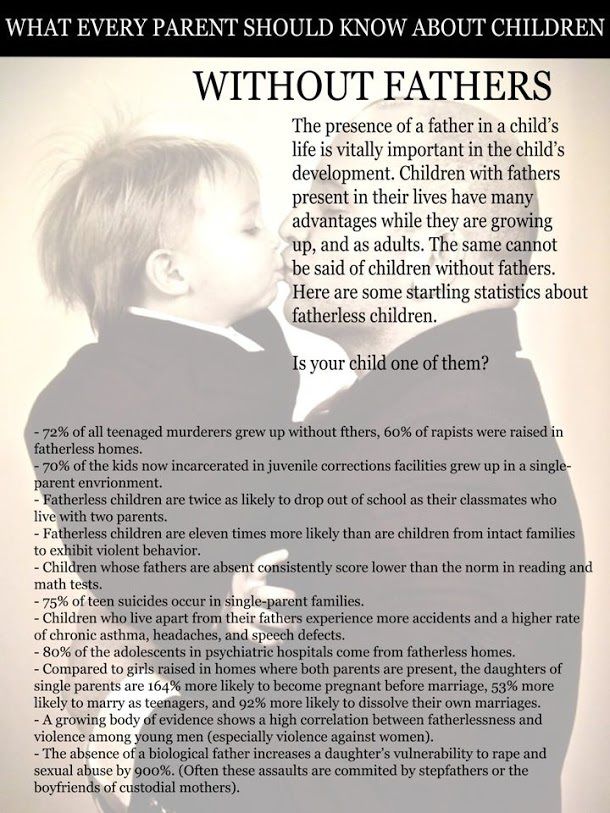 Alienating parents are typically so consumed by their own feelings that they feel to recognize they are alienating the child in addition to their former partner. Hate, animosity, or resentment are not emotions that comes naturally to children; it has to be taught. A parent that teaches and encourages a child to hate the other parent and his or her new spouse or partner runs the risk of damaging the child both emotionally and psychologically. Unfortunately, with ongoing encouragement and exposure to hate and animosity the negative effects on a child can be lengthy and significant.
Alienating parents are typically so consumed by their own feelings that they feel to recognize they are alienating the child in addition to their former partner. Hate, animosity, or resentment are not emotions that comes naturally to children; it has to be taught. A parent that teaches and encourages a child to hate the other parent and his or her new spouse or partner runs the risk of damaging the child both emotionally and psychologically. Unfortunately, with ongoing encouragement and exposure to hate and animosity the negative effects on a child can be lengthy and significant.
Baker, A. (2010). Adult recall of parental alienation in a community sample: Prevalence and associations with psychological maltreatment. Journal of Divorce and Remarriage, 51, 16-35
Teaching children that hate is not a love language
By Mary Jo Rapini
Published
Houston's Morning Show
FOX 26 Houston
It’s a question every parent has reflected on at least once: "Am I a bad parent?" Parenting is tough, and sometimes we lose our patience and regret our words or actions. You wonder if you were too tough, if you could have said something better, or if you’re a good role model.
You wonder if you were too tough, if you could have said something better, or if you’re a good role model.
A parent’s job is to teach their child love, compassion, and empathy. After all, you want your child to be polite and respectful to others. However, hate is also something that children can learn from their parents. No child is born hating or disregarding others because of their race, creed, or sex. When a parent sees their child acting hateful toward someone else, they may feel aghast. Many parents may blamed media and television, but parents have more influence than anyone in media will ever have.
Child experts have suggested that there are behaviors parents demonstrate that encourage children to feel superior and hateful toward others. Below are five of the most likely to have the biggest effect on young children and teens.
1. Behavior: Parents are self-centered and self-absorbed. When you show your child that what you think means more than what others think or feel, you are modeling superiority.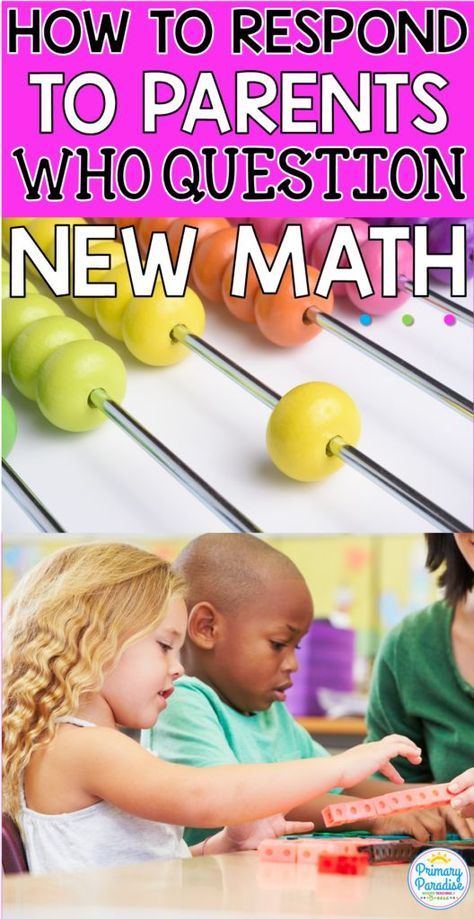
What your child sees: When a child watches you gossip or take selfies while sharing a meal, they begin to believe that you are more important than others. To a small child, they believe they are an extension of you so if you’re more important than others, they must be too.
2. Behavior: Parents are inflexible and don’t try to see other perspectives. When you’re willing to fight to be right with your partner or friends, you model self-righteousness and a fixation on winning.
What your child sees: Your child is learning that it doesn’t matter how others feel; it matters more that you win.
3. Behavior: Parents categorize people based on their appearance, faith, or sex. When you ignore or refuse to listen to someone who is different than you, you teach your child that they are exclusive from people who are different from them.
What your child sees: The only people worthy of your time and attention are those who look or act like you.
4. Behavior: Parents use threatening words, body language, and tones with others. When parents lose control of their anger and threaten others, they are modeling that whoever is the strongest wins an argument. They take advantage of a situation with their outrage to exert control over the powerless or weaker person.
What the child sees: When you get mad and scare the other person, you win. If the other person backs down, that’s because they are weaker than you.
5. Behavior: Parents villainize anyone who is on the "wrong side." When parents fixate on what "side" someone is on without seeing the whole person, they demonstrate polarization, which leads to hate.
What the child sees: The child is blinded to compromise and sees outsiders as enemies. They feel the need to compete to be on the "right" side.
Parents try to do the right thing and teach their children to love and care for others. It’s a complex world, and there are more than two sides to every issue in life.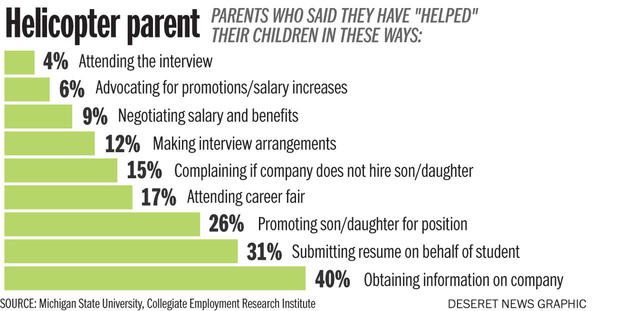 Teaching children begins by listening to children and to yourself. You can preach "love your neighbor" until you are blue in the face, but if you’re actions are riddled with exclusion, false accusations, threats, and humiliation so you can feel good, your children won’t hear your words. They will abide by your hateful actions.
Teaching children begins by listening to children and to yourself. You can preach "love your neighbor" until you are blue in the face, but if you’re actions are riddled with exclusion, false accusations, threats, and humiliation so you can feel good, your children won’t hear your words. They will abide by your hateful actions.
How parents cripple their children
“The youth went wrong”, grumbles the older generation. Based on this message, it seems that, wherever you look, we are surrounded by effeminate men, “IT people” who are puppeted in their virtual world, emancipated hysterics and girls who only dream of how to marry a rich “daddy” as soon as possible. Not to mention alcoholics and drug addicts. Is the nation degenerating? Of course not. But the question of how to properly raise children is especially relevant today. Eyes run up from various "progressive" techniques. And parents go to extremes. Some allow almost everything to their children and then they are surprised that by the age of majority the child is not adapted to life at all. Others, on the contrary, make every effort to load it to the fullest, believing that the main task is to reveal the numerous talents of their offspring, without thinking about the fact that they are actually depriving him of his childhood. In both cases, the intentions of the parents are the best, but they "love" their children so much that they do not notice how they cripple them. Is there a golden mean? Today we will discuss this difficult issue with the psychotherapist Andrey Metelsky. nine0005
Others, on the contrary, make every effort to load it to the fullest, believing that the main task is to reveal the numerous talents of their offspring, without thinking about the fact that they are actually depriving him of his childhood. In both cases, the intentions of the parents are the best, but they "love" their children so much that they do not notice how they cripple them. Is there a golden mean? Today we will discuss this difficult issue with the psychotherapist Andrey Metelsky. nine0005
Who is this?
Andrey Metelsky has been solving the problems of fathers and children for more than a dozen years. By education, he is a pediatrician, adolescent psychotherapist, sexologist, in addition to this, a Gestalt trainer, certified trainer of the INTC center, co-founder of the Institute of Modern NLP. Enumerate the regalia of our interlocutor can be long enough. But is it necessary? The conversation with Andrey from the very beginning turned out to be difficult, uncomfortable and a little intimidating. Try to try on his thoughts and experience for yourself. We are sure that they will make you look at your life in a completely different way. nine0005
Try to try on his thoughts and experience for yourself. We are sure that they will make you look at your life in a completely different way. nine0005
- Let's start with the main one. Do we really maim children with our love?
- In order to understand this complex topic, let's define the basic concepts. I'm afraid many parents will find it difficult to accept them, for sure it will be unpleasant. Parents don't like children. What is meant by the term "love for children" in everyday life and in psychology is attachment. Love is a kind of inner state that just exists, I can experience it, but it cannot be directed at anyone. This means that love cannot be for someone or something. Therefore, what we experience throughout our lives in relation to our children is attachment, and it is akin to attachment to a bottle, a car, cigarettes, and so on. nine0005
The parents do not love the child, the parents love themselves in the child. We all strive to ensure that our offspring become successful in those areas where we did not take place. What toys do we give the child? Most often those in which they themselves did not play in childhood. In the same way, we love ourselves in some car, putting spoilers on it, doing tuning and showing off to friends: “Look, what a cool car I have!” In the same way, we love a spouse - not this individual person, but ourselves in him: “Look what a long-legged blonde walks with me. It's not that she's so cool, but I'm cool because she chose me." Of course, I'm exaggerating, but...
What toys do we give the child? Most often those in which they themselves did not play in childhood. In the same way, we love ourselves in some car, putting spoilers on it, doing tuning and showing off to friends: “Look, what a cool car I have!” In the same way, we love a spouse - not this individual person, but ourselves in him: “Look what a long-legged blonde walks with me. It's not that she's so cool, but I'm cool because she chose me." Of course, I'm exaggerating, but...
In order to love a child, you must first learn to love yourself. In part, this is a rather hackneyed phrase, but most people do not understand its depth. The trouble is that we all do not love ourselves, and here we get a paradox: how can you love someone in this case, because you simply do not have a behavior model! To love yourself is to be clearly aware of your needs and not replace them with surrogates and dependencies. For example, I now have a need for attention - and I will go to seek this attention, instead of smoking or drinking.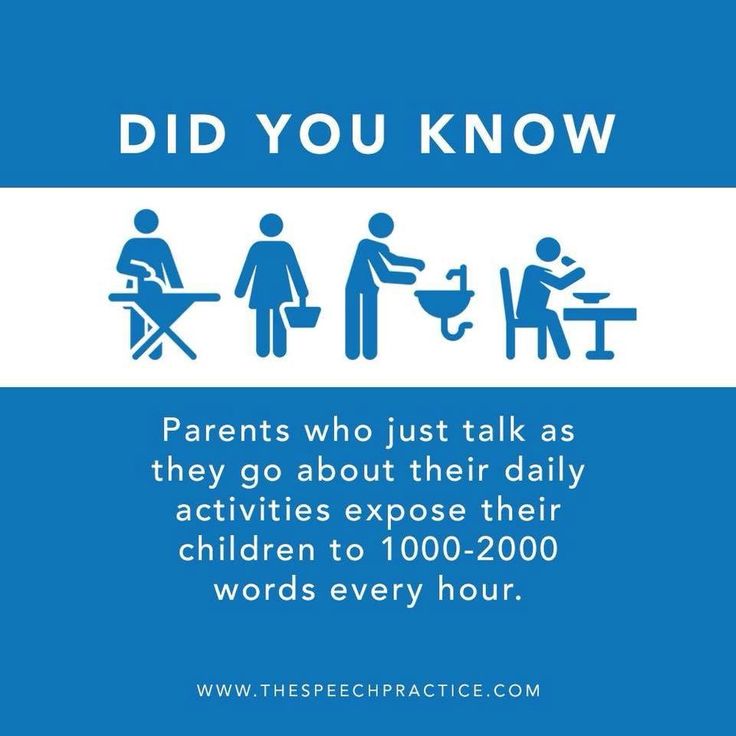 If we begin to squander money, this means only one thing - that we subconsciously feel a lack of pride and are trying to compensate for it - again surrogately. If I love myself, by and large, I don’t need practically anything. This will be a statement that is very close to the truth. It was not in vain that the Buddha said: a person from birth has everything he needs. nine0005
If we begin to squander money, this means only one thing - that we subconsciously feel a lack of pride and are trying to compensate for it - again surrogately. If I love myself, by and large, I don’t need practically anything. This will be a statement that is very close to the truth. It was not in vain that the Buddha said: a person from birth has everything he needs. nine0005
And here's another unpleasant fact for you: children are born because of a single motivation - the fear of death. If we were immortal, then most likely there would be no families or children. What for? After all, then there is no point in thinking about being remembered, there is no need to think about the “trace that you left”.
So we give birth to children in order to continue in them, to receive a substitute for immortality. That is why we begin to “love” our sons and daughters against their will: we give them to endless, completely unnecessary circles and sections, we torture them with total control.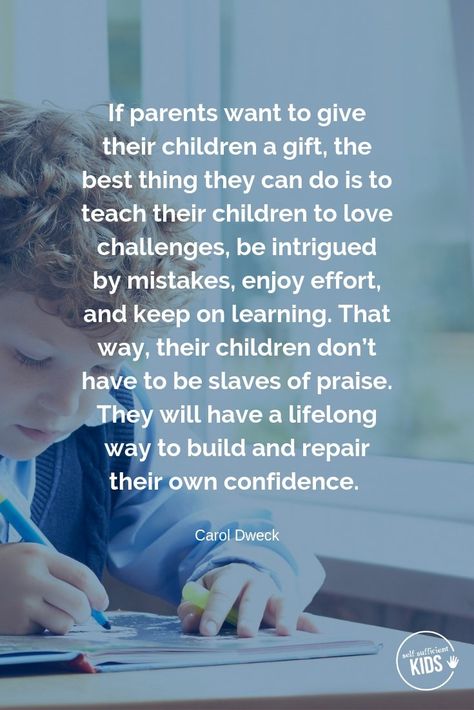 And it seems that we want them to be successful, but in fact it is not. Because, if you look at it impartially, we try to replace their unique life with our vision. We cannot admit to ourselves that a son or daughter is a completely separate person, and we desperately want to see in them an extension of our loved one. We are ready to cripple the child's entire future life, if only to prolong the existence of a particle of ourselves as a person on the planet at least a little. nine0005
And it seems that we want them to be successful, but in fact it is not. Because, if you look at it impartially, we try to replace their unique life with our vision. We cannot admit to ourselves that a son or daughter is a completely separate person, and we desperately want to see in them an extension of our loved one. We are ready to cripple the child's entire future life, if only to prolong the existence of a particle of ourselves as a person on the planet at least a little. nine0005
— Somehow the topic we are discussing from the start has grown to a universal scale…
— Think about the scale using a simple example. When you make any contact with a child, ask yourself the question: is what I am doing now so that he will be successful, or so that I will be calm or amuse my ego? By and large, this is the only question that parents should be asking when they are engaged in parenting. I think that 80-90 percent of us will find the strength to admit: first of all, we think about our own peace of mind.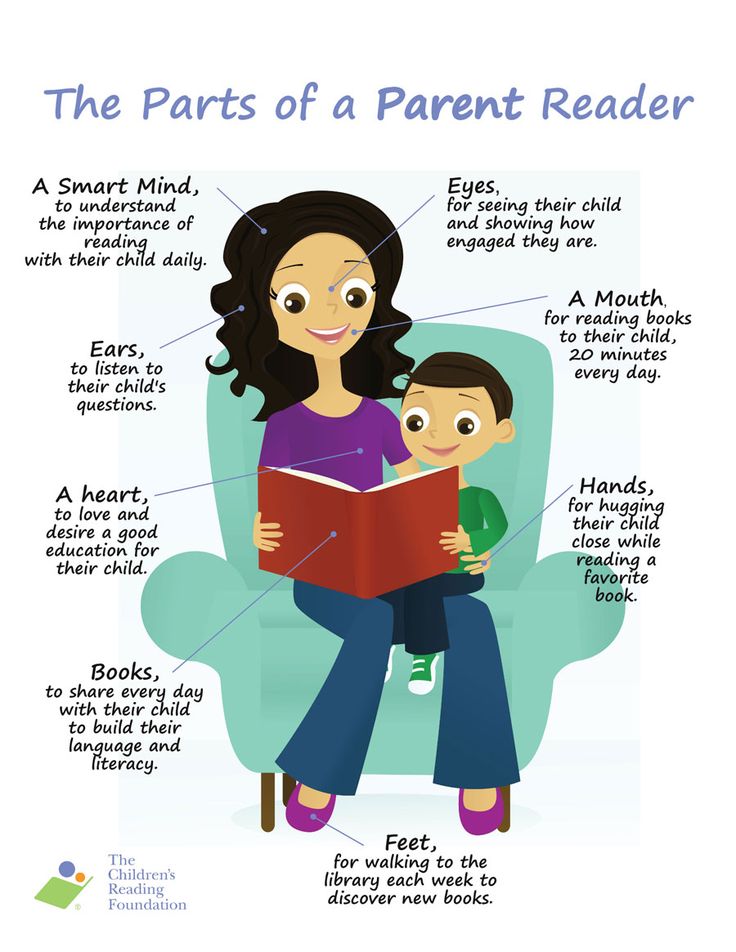 nine0005
nine0005
Let's start with the simplest things. When our three-four-year-old toddler climbs slides and swings in the yard, we constantly pull him up. Based on what? First of all, based on your own peace of mind. Yes, the child may fall and get hurt. But this is his life! How else will he get a basic and correct idea of the world without stuffing his bruises and bumps? Naturally, everything is fine within reasonable limits. Knowing from experience that some actions are guaranteed to lead to injury, we prevent them. If you respect the child, then there will not be many such prohibitions. nine0005
— What about the maternal instinct, the heart that aches for its child?
- What I'm talking about. You are not thinking about your son, but about your sick heart. And while trying to replace the child's life. The classic metaphor of modern education is a shout into the sandbox: "Senya, go home!" - "Mom, am I cold?" - "No, you're hungry!" Our parents know better than a child what he needs. But it's not like that! Each child is born as a separate person, he has his own mission on this earth, his own destiny. We cannot know this mission, but at the same time we stubbornly “educate” the child. Rave! nine0005
But it's not like that! Each child is born as a separate person, he has his own mission on this earth, his own destiny. We cannot know this mission, but at the same time we stubbornly “educate” the child. Rave! nine0005
Love for a child implies respect. I respect whatever decision he makes. Yes, I can assume that this decision may not lead to very good consequences, and I will warn him about it.
— And let me choose?
- That's right here - the main mistake. To allow one to choose is again to dispose of property. I repeat: I respect his choice. Linguistically, everything is very accurately reflected.
- The child says: "I'm tired of school, I don't want to go there..."
- Don't go!
- Can you imagine the consequences?
— I had such teenagers. They consciously abandoned school, and I recommended that their parents not prevent them from doing so. Here is an example of a striking situation.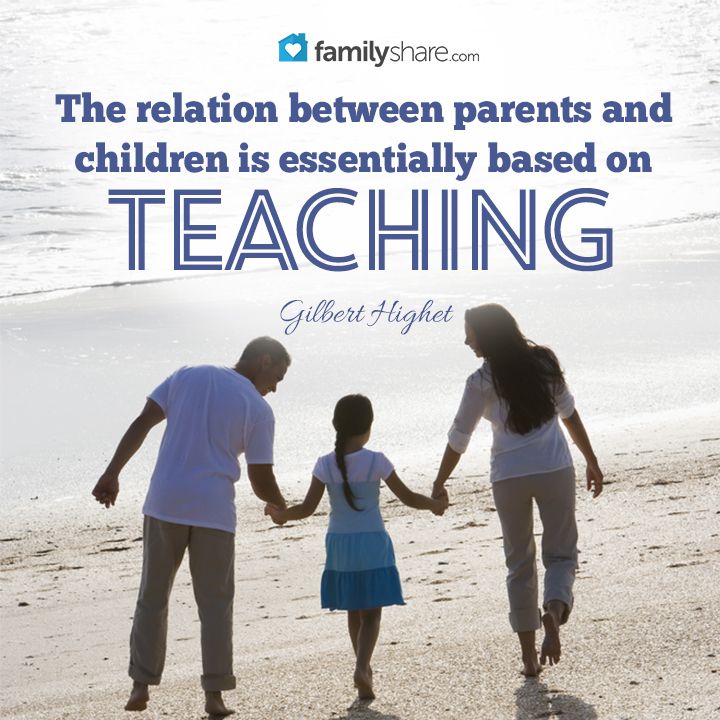 The teenager studied in each class for two years, was a loser, fought, was completely uncontrollable. After our training, the mother came home and handed over responsibility for her life to him. That is, she said: do as you see fit. He left school the same day. A week later, he got a job, and a month later, of his own free will, he brought documents to an evening school. The guy made good money, eventually became an excellent student, and today he is a fairly well-known director in Moscow. He was given responsibility for his life, and he built it the way he wanted ...
The teenager studied in each class for two years, was a loser, fought, was completely uncontrollable. After our training, the mother came home and handed over responsibility for her life to him. That is, she said: do as you see fit. He left school the same day. A week later, he got a job, and a month later, of his own free will, he brought documents to an evening school. The guy made good money, eventually became an excellent student, and today he is a fairly well-known director in Moscow. He was given responsibility for his life, and he built it the way he wanted ...
— That is, parents should not think that they can act as a “deterrent”?
— I have been working with families — parents and children — for many years. I can tell you: if a child is respected and understood that he should be given the right to his own development, he always grows up brilliant, creative, flexible. A smart parent should be very attentive, observe what the child wants. If my two-year-old son liked to sit in my arms and count the passing cars, I stood with him for 20-40 minutes, realizing that in the future it would benefit him. When my son went to first grade, he was already adding two-digit numbers in his mind. nine0005
If my two-year-old son liked to sit in my arms and count the passing cars, I stood with him for 20-40 minutes, realizing that in the future it would benefit him. When my son went to first grade, he was already adding two-digit numbers in his mind. nine0005
It bothers some parents that their child runs all day like a fool with a stick. Parents, this is great! Think back to your childhood! A found stick for a child is a whole world: a spear, a machine gun, an airplane steering wheel and much more. Why do we force a child who finds a stick on the street to immediately throw it away? Thanks to her, he builds the world, creates, develops imagination and intellect.
The world of child psychology is a very interesting thing in general. I will even tell you that ghosts or non-existent friends that a child communicates with are far from stupid. Why do we categorically declare that none of this exists? For a child there is, thanks to these "phantoms" he metaphorically develops, learns, gets rid of some of his fears.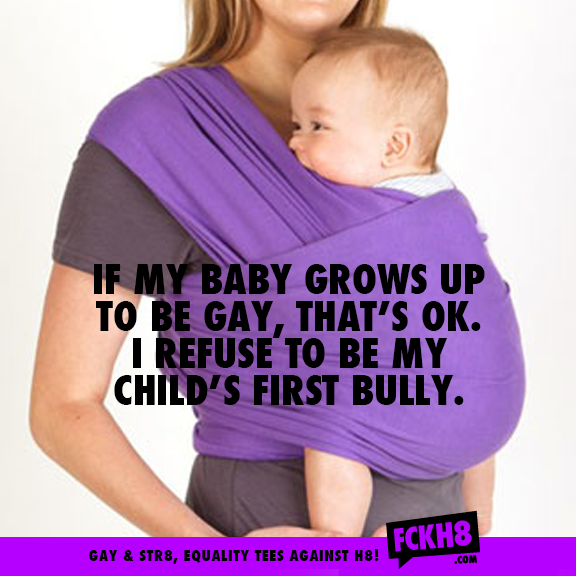 Even I, as a psychotherapist, do not always know what problem the child’s brain is currently solving, inventing some kind of allies for itself. nine0005
Even I, as a psychotherapist, do not always know what problem the child’s brain is currently solving, inventing some kind of allies for itself. nine0005
— Will the respect for choice sooner or later develop into permissiveness?
- In psychology, there are concepts of internal and external reference - these are the polarities that we build in our value system, and the value system that influences us from the outside. The child must be taught internal reference. Having collected information outside, he must be able to make a decision on his own. He can learn this only in practice, feeling freedom. Here is an example for you on the fingers, again from my personal life. I give my son pocket money. We went to a cake shop. I see that the child is pleased not only to eat sweets, but also independently calculate the required amount, get it out of the wallet. And so the saleswoman says to her son: "Look, baby, this is the most delicious cake, with cottage cheese!" The son looks up at her and says: "Thank you, but I can actually read. " At that moment I realized that I was doing everything right, that he had an internal reference. Even if he is offered drugs, it is unlikely that it will work: he has learned to make decisions himself.
" At that moment I realized that I was doing everything right, that he had an internal reference. Even if he is offered drugs, it is unlikely that it will work: he has learned to make decisions himself.
Internal reference gives a lot, sometimes completely non-obvious things. For example, it allows you to stay healthy: we simply will not fall for the "advertising" of the flu. When I worked as a pediatrician, I noticed an interesting trend: a flu epidemic begins a week after anti-flu drugs were advertised in newspapers and the subway. People without an internal reference, reading the symptoms, are already ready for them, tune in to them. And then the disease appeared! nine0005
Inner freedom, of course, implies certain limits. Remember the basic rule of life that the hippies preached in the seventies of the last century? "Do what you like without disturbing others." In my opinion, a very good idea. The child should be explained that his freedom ends where the freedom of another person begins.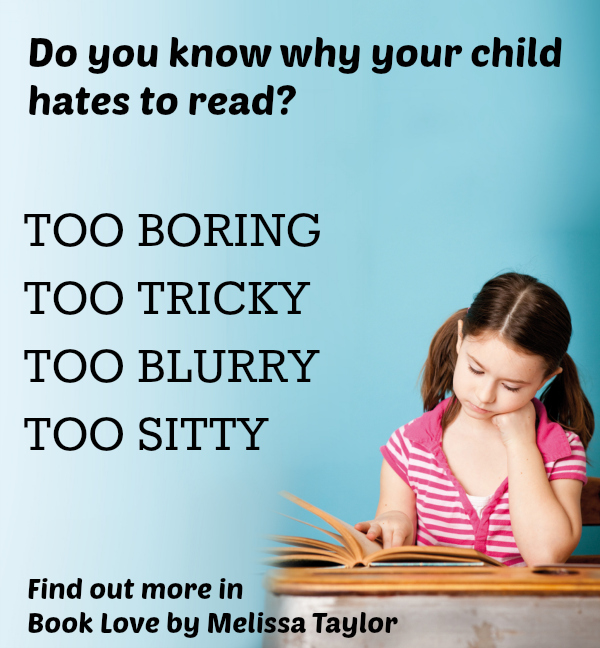
— The Tibetan model of raising a child is now very fashionable, which says that until the age of five one should treat him like a king, from five to ten - like a slave, and after ten - like an equal. The time frame may vary, but the general idea is clear. What do you think about it? nine0008
- Here it is worth understanding that in some issues the child simply does not have a base on which to make decisions. So it's worth asking the question: before allowing everything, did you discuss what is right and what is wrong? Have you played situations, told about the consequences of this or that act? Without this base, inner freedom somehow grows into permissiveness.
This is really a big problem. Parents often talk about communication problems with their children, while they do not talk to them themselves! My position in this regard is clear: you need to talk with a child on an equal footing, not lisping, from the first minutes of life. And don't tell me that lisping is a sign of tenderness. Do you know how children understand that they are loved? The only way is through the eyes. And now a question for parents: how often do you communicate with children, looking into their eyes with love? Most of the communication looks like this: the child mumbles something, and we answer him over his shoulder. At the same time, we are physically at different levels: we are higher, the child is lower. What kind of equality and mutual understanding can we talk about? Why are you surprised that in the end the child stops hearing you? nine0005
Do you know how children understand that they are loved? The only way is through the eyes. And now a question for parents: how often do you communicate with children, looking into their eyes with love? Most of the communication looks like this: the child mumbles something, and we answer him over his shoulder. At the same time, we are physically at different levels: we are higher, the child is lower. What kind of equality and mutual understanding can we talk about? Why are you surprised that in the end the child stops hearing you? nine0005
Let's move on. Let's think about it: when do most parents make eye contact with their child? That's right - when they scold. Like, you did something, now look into my eyes. The most important channel of communication turns into a tool of suppression. It is logical that after that at my reception, on the street - yes, everywhere I see people who try not to meet your eyes. It comes from childhood! The channel is blocked, moreover, a negative anchor has been created: “If they look me in the eyes, then they will expose me now.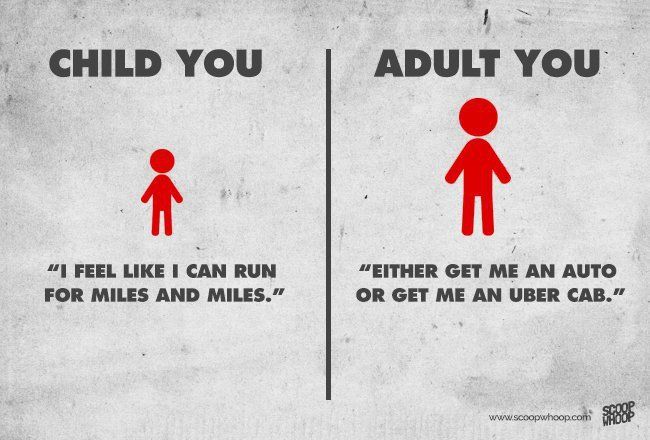 ” nine0004
” nine0004
If you scold a child, turn away. No wonder they put it in a corner before.
Now for some practical advice. How is the basis for a child's decision made? He asks a question, you lower yourself to the level of his eyes (or sit him on the table) and conduct an equal dialogue.
When I worked as a psychotherapist in a dispensary, children who stutter were often brought to me. In 80% of cases, I could help with virtually the same simple advice. As soon as the child turned to you, drop everything and listen to him carefully: there is nothing else in the world for you at this moment! nine0005
Stuttering is most often not a fear, as grandmothers who need to earn money say, but a child's dissatisfaction in communication. He wants to convey a thought to his parents, ask a question, but they do not hear him. Or they listen, but only the beginning of the monologue (which happens even more often). And now the child, trying to have time to speak out, speaks faster and faster, but his speech apparatus is not yet fully formed. Here he begins to stutter. And then it went in circles like a snowball. The child stutters, speaks more slowly, parents listen to him even less, and so on. nine0005
Here he begins to stutter. And then it went in circles like a snowball. The child stutters, speaks more slowly, parents listen to him even less, and so on. nine0005
So in most cases, parents who had the wisdom and patience to fulfill this simple condition removed stuttering in a maximum of a month.
Children are not nonsense, they are wise, and I highly recommend listening to them carefully. What kind of love for a child can we talk about if we do not respect his opinion, his thoughts, his world. Let it seem to us that everything a child asks about is a banality, remember that for him the world is a series of discoveries. Do not prioritize "teaching", concentrate your energies on "listening". nine0005
— What signs in a child's behavior should cause parents to worry?
- Any. It frightens me that in this enlightened age, many parents believe that nervous tics, enuresis, and stuttering are illnesses that have nothing to do with the psychological health of the child. I am sure that any illness of a child is a reason to ask questions: “What am I doing wrong? What happens in our relationship? The vast majority of children are very healthy and strong beings who "go into illness" primarily because of psychological problems. nine0005
I am sure that any illness of a child is a reason to ask questions: “What am I doing wrong? What happens in our relationship? The vast majority of children are very healthy and strong beings who "go into illness" primarily because of psychological problems. nine0005
Of course, any behavioral things that go beyond the rules recognized in society are also considered alarming symptoms. In short, if you just don’t like something in a child, it’s already worth going to a psychotherapist or psychologist and sorting out the situation.
— By and large, it turns out that it is time for almost all parents to go to specialists?
Yes. And all because there is no institution of proper education in the country, we are not taught how to be parents. Therefore, all the “jambs” that were in the relationship with our parents, we project onto our children, adding our own as well. Moreover, in the overwhelming majority of cases, it is the parents, not the children, who should work with the psychiatrist.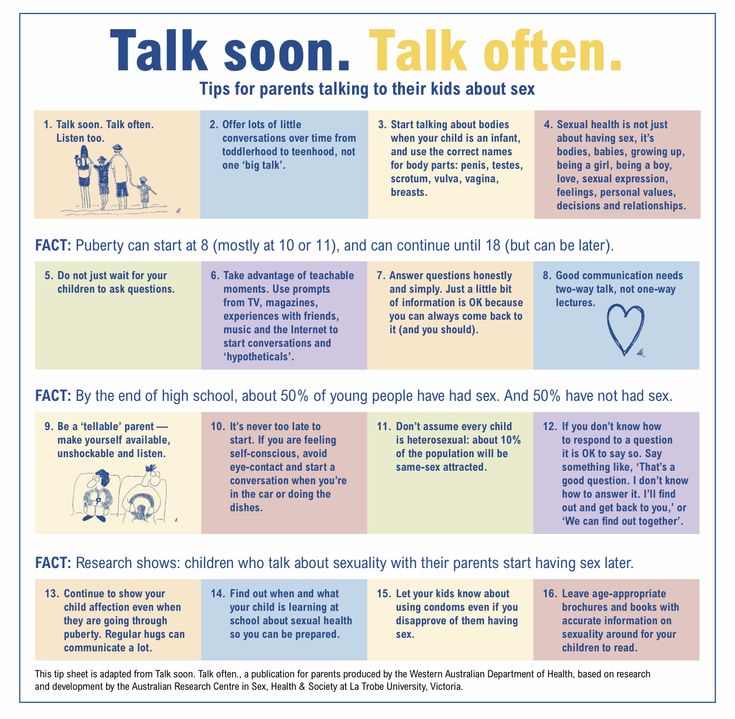 Over the many years of my work in a children's and adolescent psychiatric dispensary, I rarely came across cases when it was really necessary to work purposefully with a child. Most often, it was enough to correct the behavior of the parents. A child is a light bulb, an indicator that something is wrong in the family. There is no point in treating him until the conditions in the family have changed. Otherwise, it will turn out like with the very text that I typed on the computer, printed out and found errors. Instead of correcting these errors, I continue to output more and more new copies to the printer with the stubbornness of a maniac in the hope that this will correct the situation ...
Over the many years of my work in a children's and adolescent psychiatric dispensary, I rarely came across cases when it was really necessary to work purposefully with a child. Most often, it was enough to correct the behavior of the parents. A child is a light bulb, an indicator that something is wrong in the family. There is no point in treating him until the conditions in the family have changed. Otherwise, it will turn out like with the very text that I typed on the computer, printed out and found errors. Instead of correcting these errors, I continue to output more and more new copies to the printer with the stubbornness of a maniac in the hope that this will correct the situation ...
— Can a parent look at his actions impartially and correct something on his own?
- Of course not. The system cannot change itself, it is changed only by going beyond. The ideal solution is to work with a specialist. Alternatively, seek advice from a trustworthy person who is successful with their children.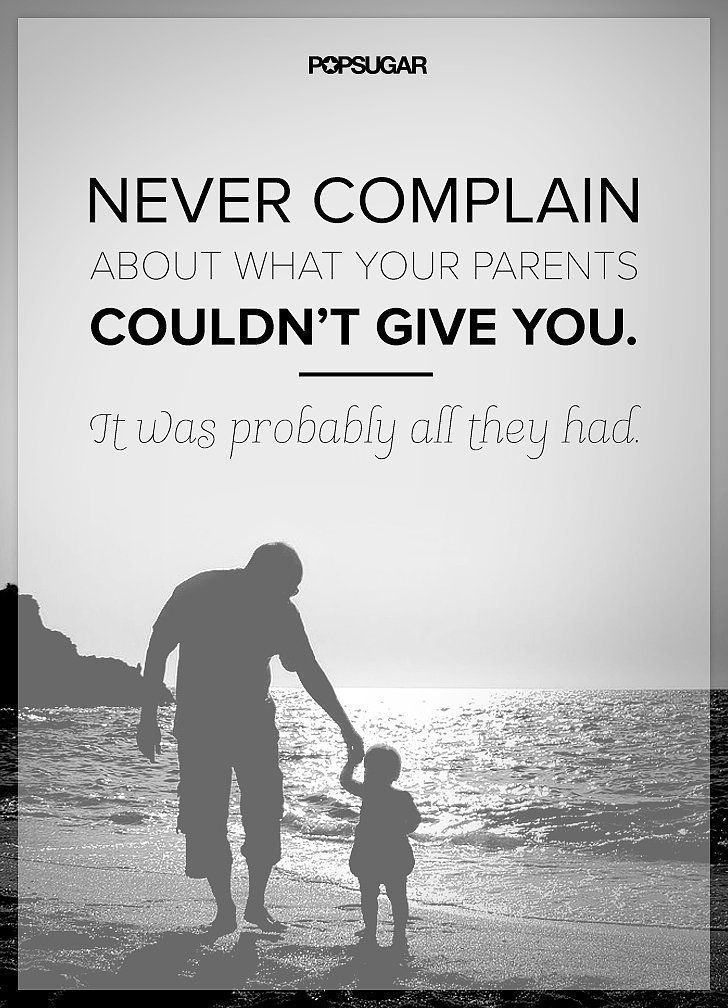
— How much do kindergarten and school help in raising children?
- They don't help at all. We, parents, educators and teachers, have long been confused and forgot two simple things. School and kindergarten - teach, family - educates. These two spheres must never intersect. And personally, I am sure that the school has no right to raise your child, and you should not do his homework. When they explained to me at a parent meeting how to fill in this or that notebook, I was surprised: “Why are you telling me all this? Discuss with your son: he is a student.” nine0004 I withdrew from the learning process, and, as practice has shown, this is very useful. The teachers were initially shocked by this position, but very soon they realized that I was adamant, and we find a common language.
I am not saying that I am completely indifferent to what is going on in the child's school. If he asks me for help with his homework, I will do my best. But only in this case. I don't check diaries, at one time I explained to the elder how to forge my signature, and I didn't know the trouble. Not that I taught the child to lie, I just explained to him that in the modern world there are conventions that we are forced to comply with. No matter how idiotic they are. nine0005
But only in this case. I don't check diaries, at one time I explained to the elder how to forge my signature, and I didn't know the trouble. Not that I taught the child to lie, I just explained to him that in the modern world there are conventions that we are forced to comply with. No matter how idiotic they are. nine0005
By the way, I generally think that if you go to parent-teacher meetings, then definitely with the child. This is his study, his life, his problems. How can you discuss them without the one for whom it matters most?
School and kindergarten, in addition to education, partly perform only one more function - the socialization of the child. It gives models of how to interact with other people, with society, with authorities. Those models that are sometimes built in our educational institutions, I do not consider healthy and normal. Therefore, compromises with the school should be as formal as possible. nine0005
- Parents are very afraid that their child will get into bad company, as a result - crime and drugs.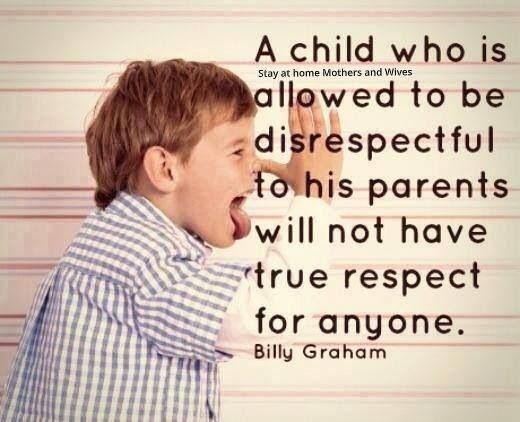 Are there practical tips to reduce the risks?
Are there practical tips to reduce the risks?
- If such questions arise, then you have already crushed your child, completely suppressed his personality. Remember what we talked about: if you bring up an internal reference in your child, then in any company he will be a leader, and there should be no fear that someone will influence him at all. nine0005
If there is no internal reference, the only thing I can offer is training with professionals. You need to learn how to transfer responsibility for his life to the child, then, in my experience, everything is normal: the son or daughter will begin to think about the consequences, in which case they, as a rule, leave bad companies.
And remember that drugs appear in a child's life when there is no mutual respect in the family and there is an attempt of total control by the parents. After all, those who sell drugs purposefully look for such troubled teenagers and offer them “freedom”. How are they drawn into a drug addict company and into sects? A person is told: "Here you will be accepted as you are.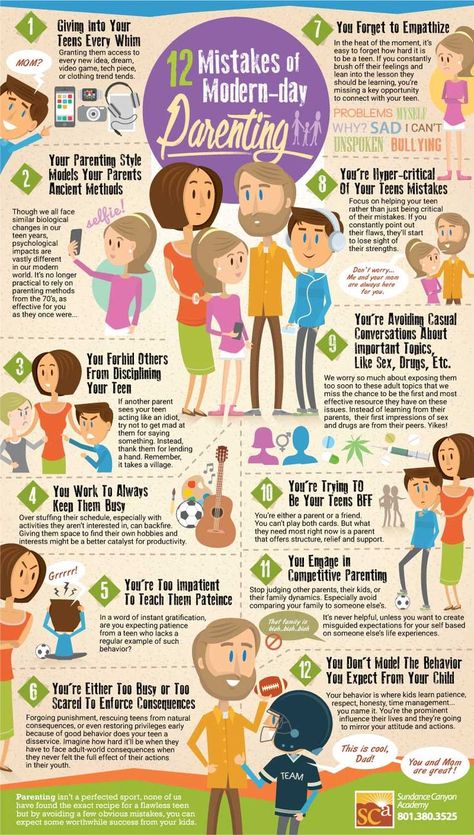 " Can you imagine how creepy that sounds to parents? That is, they do not perceive their child like that? It turns out that it is.
" Can you imagine how creepy that sounds to parents? That is, they do not perceive their child like that? It turns out that it is.
For someone it will be news that after five years the child is formed and we can influence his character very indirectly. What to do? First, it is completely useless to feel guilty about missed opportunities. Take the situation philosophically, I would even say karmically: everything that you could do, you did. Now let your children take responsibility for their own lives. Do it in stages if you're scared right away. That is, if you transferred the responsibility for washing dishes, cups and mugs to your son or daughter, you no longer wash. If you have transferred responsibility for cleaning the room, then you never again look into it in order to check for the presence of a mess and never remind you of cleaning. nine0005
At first, the room will be a mess, believe me. At first, you will be tested: how sincerely did you transfer responsibility? And when the understanding that everything is serious comes (it usually takes from two weeks to two months), the child will decide how to live on.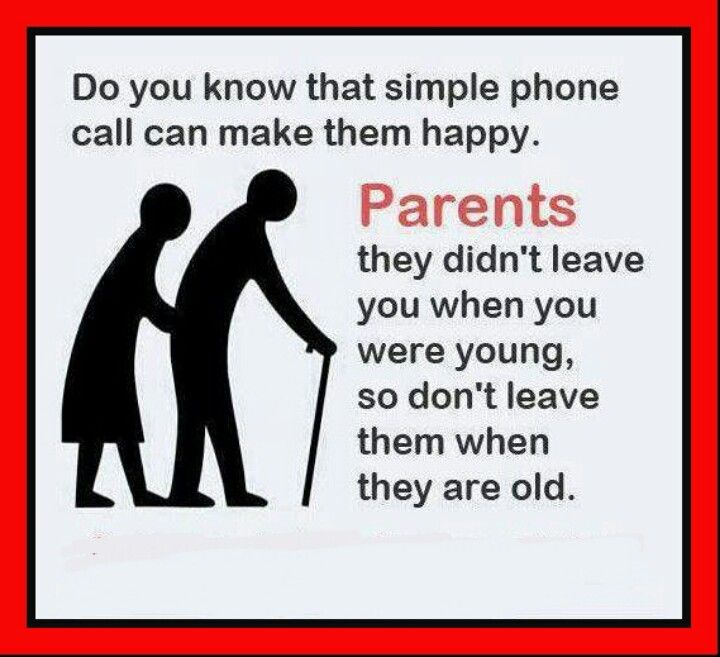 If the rest of the apartment is kept clean and the dishes are washed, with almost one hundred percent probability I can say that in the child’s room on some wonderful day you will see changes for the better. Perhaps it will be a different order, not close to you. This will be his order, and he will be comfortable in it. But is that really what we're after? nine0005
If the rest of the apartment is kept clean and the dishes are washed, with almost one hundred percent probability I can say that in the child’s room on some wonderful day you will see changes for the better. Perhaps it will be a different order, not close to you. This will be his order, and he will be comfortable in it. But is that really what we're after? nine0005
Read also:
- "There's a big difference between a metrosexual and a gentleman." Talk about well-mannered people
- “Impressionable to death” — about the attitude of Belarusians to advertising and bright images
- Has God come? Why does a modern Belarusian need faith and why it becomes more popular every year
Reprinting text and photos of Onliner.by is prohibited without the permission of the editors. [email protected]
Three types of parents who prevent their children from growing up
Modern 20-year-olds are accused of excessive infantilism. The reason for this largely lies in the overprotection and micromanagement of their parents. Doctor of Pedagogy and author of Teenager in the House: When You Don't Know What to Say and How to Act Rebecca Derlaine shares how to prepare your kids for adulthood
The reason for this largely lies in the overprotection and micromanagement of their parents. Doctor of Pedagogy and author of Teenager in the House: When You Don't Know What to Say and How to Act Rebecca Derlaine shares how to prepare your kids for adulthood
How to motivate your own children? Where is the line between parental love and total control and guardianship? How to communicate with teenagers? These questions and more are answered by Rebecca Derlaine, a 17-year high school teacher, in Teenager in the House: When You Don't Know What to Say or How to Act. The translation of the book is published by Alpina Publisher in October. Forbes Woman publishes an excerpt about the types of parents who, unwittingly, do not allow their children to grow up. nine0004
Finished reading here
Parents who pay for everything
I have taught in schools where parents of students could pay for almost everything in the world. These weren't just wealthy middle or upper class people who are willing to spoil their children - I'm talking about multimillionaires with private jets and five houses.
These weren't just wealthy middle or upper class people who are willing to spoil their children - I'm talking about multimillionaires with private jets and five houses.
My student Krystal was from such a family. Her parents made sure that her hair was dyed every six weeks. Her nails were fixed every ten days. She used expensive cosmetics, wore expensive clothes and shoes. On holidays, she went to exotic places and did not know what it was like to fly economy class. She was not even sixteen yet, and she had already received a brand new BMW as a gift - it was waiting for her at the doorstep, decorated with a giant bow. nine0005
This was the $60,000 car she learned to drive in, so she crashed it two weeks after getting her license. You ask: and what did her parents do after that? Like what — bought her the next BMW! When the students teased Krystal for being a "caddy" behind the wheel and for having her wrecked car replaced immediately (after all, this is really ridiculous), she lightheartedly replied that she liked the color of the second car better, so everything turned around for the better.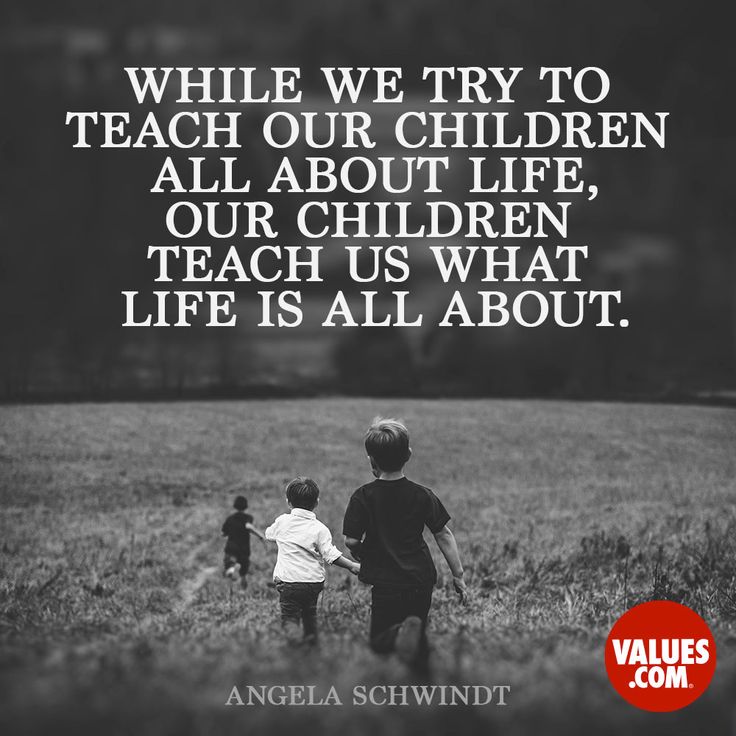
Of course, Krystal did not put the slightest effort into her car, so she was not even upset when she broke it. First, she did nothing to earn money for this car. And since it was one of the many expensive gifts that the girl constantly received, she did not appreciate it at all. Secondly, having broken the car, she was not afraid of the consequences. Mom and dad always rushed to the rescue of Krystal, they had to rush this time too. And it doesn’t matter that she got into an accident because of her own inability: dad’s insurance will cover the damage, and in general, parents should be happy that their daughter was safe. Thirdly, Krystal knew that she would not suffer in any way as a result of her negligence. nine0005
The other car will be delivered before it experiences any inconvenience, so the problem will be solved for it. In short, she did not value the car, was not responsible for it, and was not afraid of the consequences.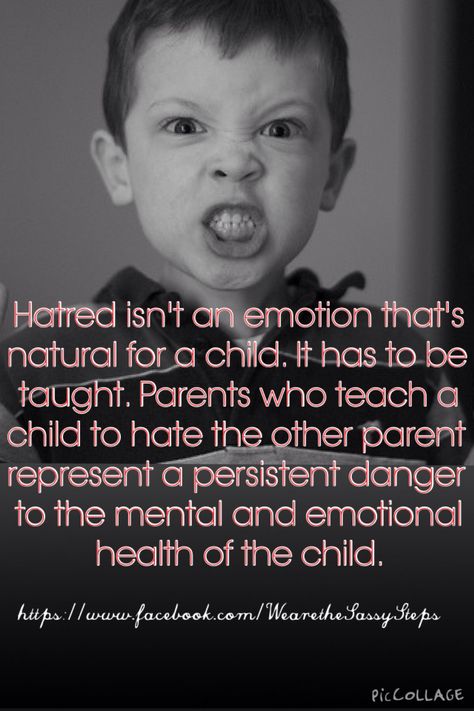 However, I can guarantee that the parents were proud of both the support they gave their daughter and the fact that they provided her with a luxurious life.
However, I can guarantee that the parents were proud of both the support they gave their daughter and the fact that they provided her with a luxurious life.
Is it any wonder that Krystal never worked anywhere and had no household chores. She was rarely scolded for poor performance. If she had problems with her studies, tutors instantly appeared. I don't know what happened to Krystal after graduation, but I can guess. After all, you probably yourself guess what happens to a child who has not been explained: every decision has consequences and sometimes these consequences hurt. nine0005
You may not be as rich and indulgent as Krystal's parents, but ask yourself a few questions. Do you pay for your children's every whim without requiring them to somehow earn their privileges and pleasures? Do you allow your teens to think that after they graduate from college or get a job, they will live the same life that you provide them today? Do they have the responsibility and common sense to work to provide for themselves? Do they understand that they will not always be able to afford everything they want? Are they grateful for what you give them, and do they value their things? nine0005
Remember, you don't have to be rich to spoil your kids. If you do not teach them gratitude and the right attitude to work, they may end up being spoiled, regardless of the size of the family income.
If you do not teach them gratitude and the right attitude to work, they may end up being spoiled, regardless of the size of the family income.
Parents who treat their teenagers like children
Parents can show this attitude in a variety of ways. As a rule, at the same time they want to show their love for children by doing something nice for them. I am not saying that this is bad, but it is important to understand that doing everything for children is not really love. This situation harms the child and depresses his self-esteem. High school gives you four years to gradually loosen and remove parental control over children, to give them responsibility for their lives. You will always have the opportunity to demonstrate love for children. But doing everything for them is not the right way, and you should not abuse it. nine0005
Andre loved his parents, especially his mother, who carefully controlled his every step in high school.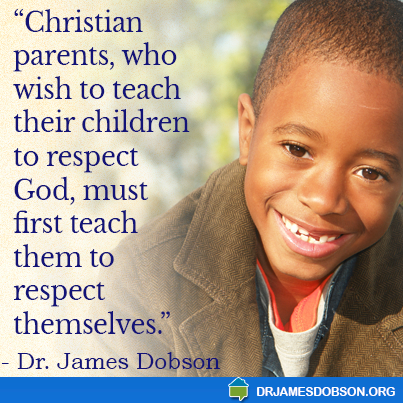 She packed a bag of food for him to school every day, washed his clothes, cleaned his room, and made his bed for him while he was at school. Mom collected and sorted out her son's portfolio, kept his school diary and remembered the deadline for submitting all his works.
She packed a bag of food for him to school every day, washed his clothes, cleaned his room, and made his bed for him while he was at school. Mom collected and sorted out her son's portfolio, kept his school diary and remembered the deadline for submitting all his works.
Parents took Andre to the cinema, to figure skating classes, to friends - in general, wherever he needed. Their plans depended on André's schedule, but father and mother were fine with that. Andre, you know, too. nine0005
What didn't suit him was the fact that his parents treated him like a child in other areas of his life. They spoke to him as if he needed a long explanation of every little thing. They didn't ask for his opinion, but simply told him what he should think, based on long family traditions. They always wanted to know where he was and with whom, and called him almost hourly. Andre had to call his parents every time he got out of somewhere and headed for another place: once when he got out, another when he successfully got there. If he had problems at school, his parents intervened immediately and insisted on meeting with the teacher before Andre tried to deal with the situation on his own. In short, the parents completely suppressed the teenager: sometimes out of concern for him or because they always resolved issues in this way. But the main reason was that since Andre's early childhood, they had not loosened the reins. nine0005
Andre had to call his parents every time he got out of somewhere and headed for another place: once when he got out, another when he successfully got there. If he had problems at school, his parents intervened immediately and insisted on meeting with the teacher before Andre tried to deal with the situation on his own. In short, the parents completely suppressed the teenager: sometimes out of concern for him or because they always resolved issues in this way. But the main reason was that since Andre's early childhood, they had not loosened the reins. nine0005
I had students who needed to contact their parents during the day. What for? I have not the foggiest idea. But imagine the picture: in the middle of the lesson, the phone rings. I go to the student to take the device from him, and whose name do I see on the screen? MOTHER. There was no way in the world I could have guessed why parents would need to tug at their child during lessons.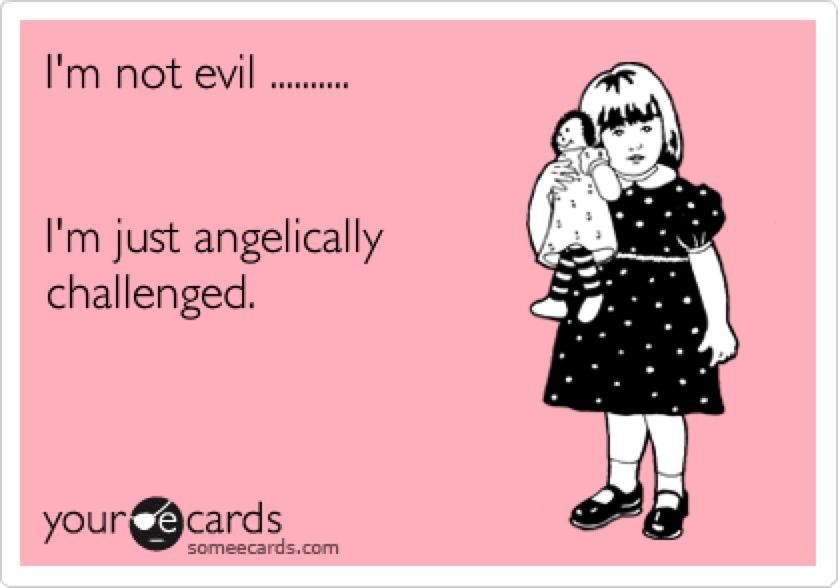 I know mothers who are ready to drop everything and run to school to bring their child a forgotten breakfast. I've seen them pick up kids from school and wait in cars for an hour instead of letting their fourteen-year-old kids get on the school bus and drive home in ten minutes. The level of overprotection is amazing, and children perceive it very painfully. nine0005
I know mothers who are ready to drop everything and run to school to bring their child a forgotten breakfast. I've seen them pick up kids from school and wait in cars for an hour instead of letting their fourteen-year-old kids get on the school bus and drive home in ten minutes. The level of overprotection is amazing, and children perceive it very painfully. nine0005
They love to be taken care of, it's nice to know that their parents care about them, but they hate to be treated like babies. Prepare your kids' favorite meal for dinner, sign them up for driving classes, support their social circles, and keep your home open to their friends.
But please don't take care of them like babies. By doing this, you are doing them a disservice, depriving them of the opportunity to grow up and make decisions on their own.
Parents who do not prepare their children for the future
This group is the easiest to get into, because the time you are destined to spend with your children flies by instantly.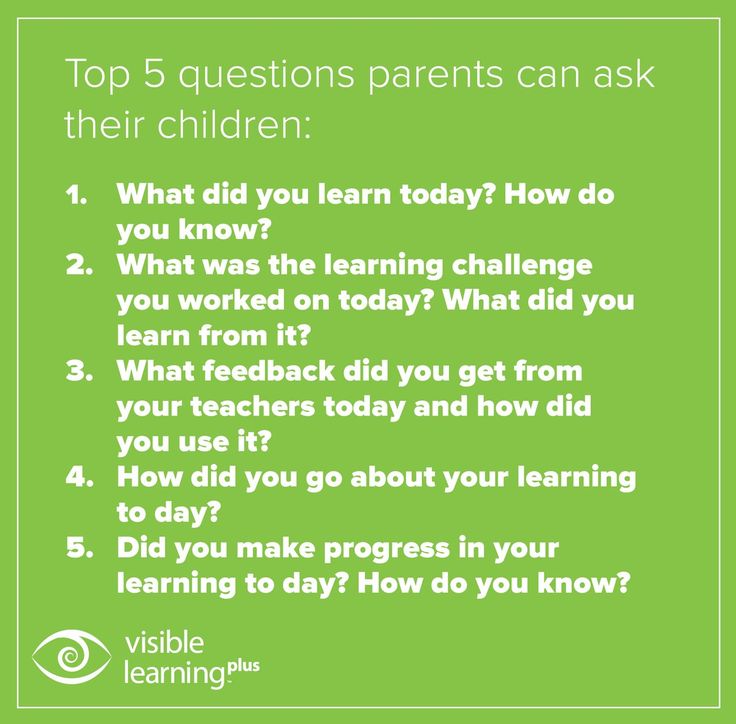 It is easiest to do what you have always done, because it takes a lot of effort to think and plan for change. It is unlikely that in your diaries there is an entry like: “Sit down and calmly analyze whether I am coping with my parental responsibilities.” And even more so, it is unlikely that such a record is repeated in it monthly or weekly. I encourage you to reflect regularly on how you are helping your children prepare for an independent future when you can no longer be around to give advice and guidance. nine0005
It is easiest to do what you have always done, because it takes a lot of effort to think and plan for change. It is unlikely that in your diaries there is an entry like: “Sit down and calmly analyze whether I am coping with my parental responsibilities.” And even more so, it is unlikely that such a record is repeated in it monthly or weekly. I encourage you to reflect regularly on how you are helping your children prepare for an independent future when you can no longer be around to give advice and guidance. nine0005
I interviewed more than a hundred of my students, current and former. I asked them one question: in what area do they not feel independent. The most common answer was: "Finance". Did you know that most high school students don't know how to write a check? If their parents set up bank accounts for them, then the children, as a rule, cannot say anything about these accounts. That is, they do not know the amount on the account, they do not know if any fee is charged for servicing these accounts, they are not interested in how much interest has accrued.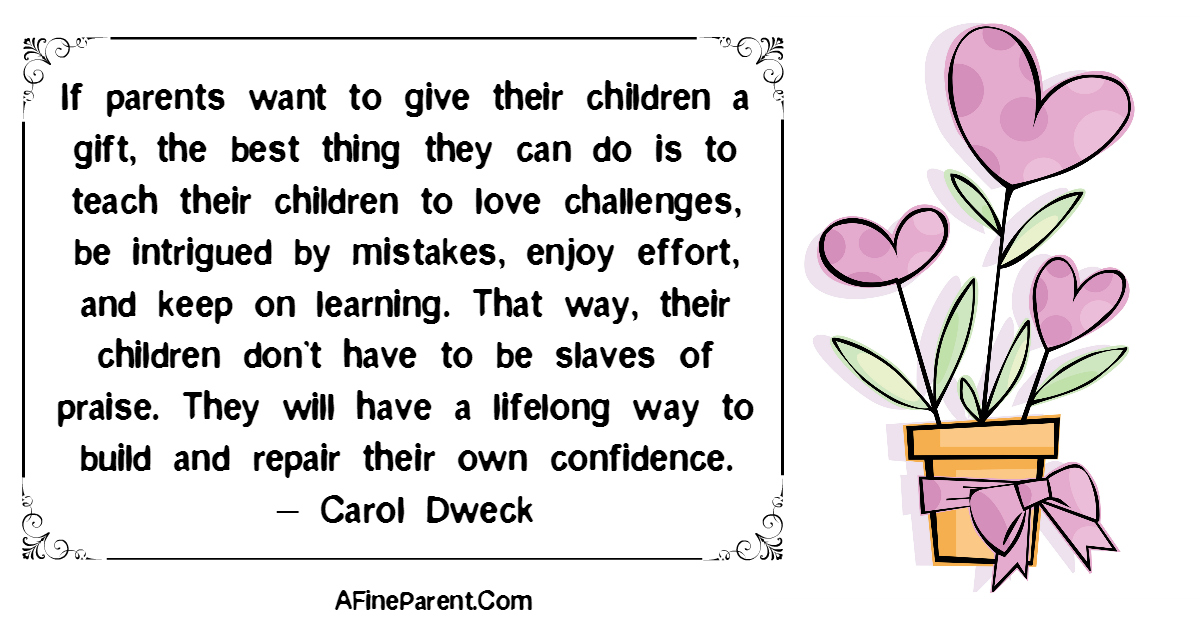 Most teens don't have their own credit cards, which I understand, because parents are terribly afraid that their children will make expensive purchases, run into debt or fail to top up their account on time and run into huge penalties. This is a real cause for concern, but there is a relatively simple solution to such a problem: before handing a credit card to a child, teach him everything necessary. Start with the main thing - choose a card with a low credit limit for it. nine0005
Most teens don't have their own credit cards, which I understand, because parents are terribly afraid that their children will make expensive purchases, run into debt or fail to top up their account on time and run into huge penalties. This is a real cause for concern, but there is a relatively simple solution to such a problem: before handing a credit card to a child, teach him everything necessary. Start with the main thing - choose a card with a low credit limit for it. nine0005
There are credit cards designed specifically for schoolchildren, they have a low credit limit, additional protection against hacking and preferential terms for newcomers who forget to pay off their debt on time. Explain to the children how and when to use this card. Treat this explanation as a learning task - that is, every word should be extremely clear.
The same applies to the checkbook and debit card.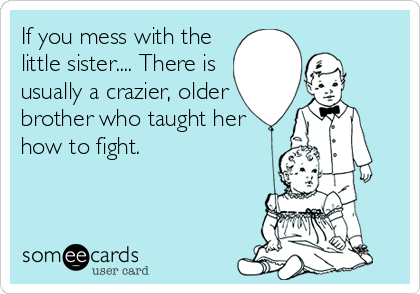 And don't assume, as I once did, that your kids understand the difference between a debit card and a credit card. Most likely no. Again, explain to them when to use each of them and when not to. Today's kids love to shop online, and they're bound to use debit cards to do so until you give them all the reasons why they shouldn't. Once in college, most of them will order textbooks online. They need to know how to use a credit card responsibly and how to recognize reliable websites and merchants. In general, kids need to be taught how to handle money properly. This means that they must keep their checks, credit cards, and debit cards in a safe place; review monthly bank statements for errors; save and view receipts for purchases; know the rules and restrictions of your cards and your bank; be able to fill in and out bank orders, etc. It is necessary to discuss with the children where the money comes from and where it goes. Then your children, having entered independent life, will be quite competent in basic financial matters.
And don't assume, as I once did, that your kids understand the difference between a debit card and a credit card. Most likely no. Again, explain to them when to use each of them and when not to. Today's kids love to shop online, and they're bound to use debit cards to do so until you give them all the reasons why they shouldn't. Once in college, most of them will order textbooks online. They need to know how to use a credit card responsibly and how to recognize reliable websites and merchants. In general, kids need to be taught how to handle money properly. This means that they must keep their checks, credit cards, and debit cards in a safe place; review monthly bank statements for errors; save and view receipts for purchases; know the rules and restrictions of your cards and your bank; be able to fill in and out bank orders, etc. It is necessary to discuss with the children where the money comes from and where it goes. Then your children, having entered independent life, will be quite competent in basic financial matters.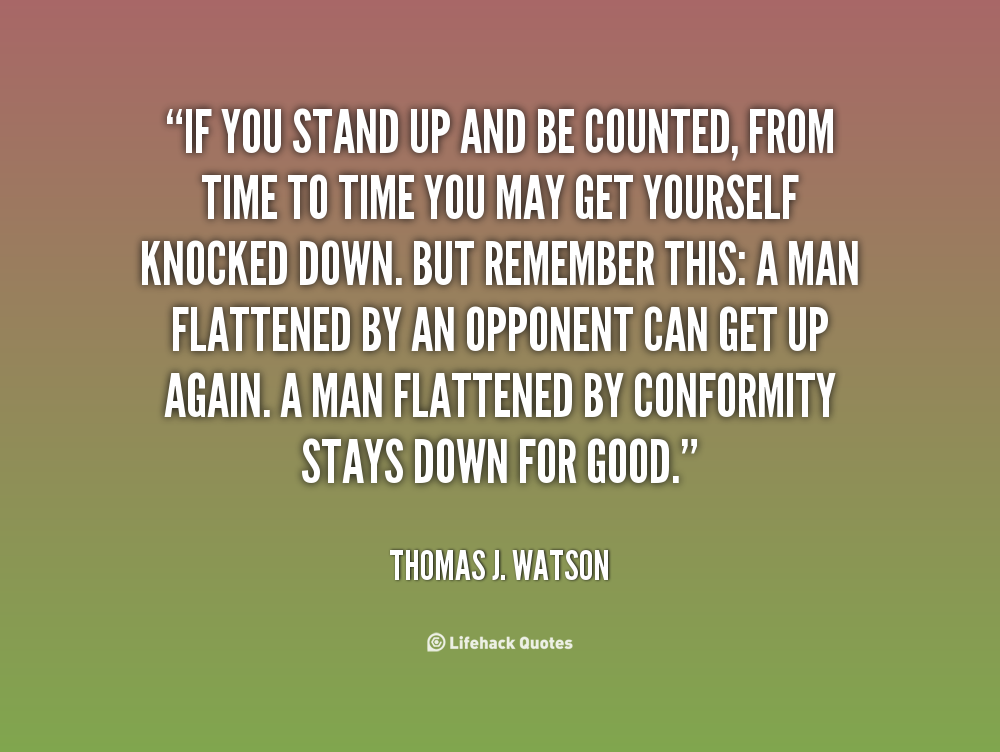 nine0005
nine0005
If you have not yet explained the "money matter" to them, you need to do so as soon as possible. Suppose your children are working, then convince them to set aside a certain amount of each salary, at least five dollars. Explain to them as early and convincingly as possible that this is necessary. There has always been a rule in our family: money must be spent responsibly. However, the child could always spend the donated money as he wanted, unless the donor specified some specific purpose for this money. Your children, like adults, should have the right to receive cash gifts, so give them money from time to time. The main thing is to treat teenagers in financial matters as adults. Let them listen to you and benefit from your experience. Constantly remind them how important it is to handle money properly, but do not deprive them of the opportunity to enjoy unexpected luck. This will teach them that money is a necessity, but it can also bring joy.

